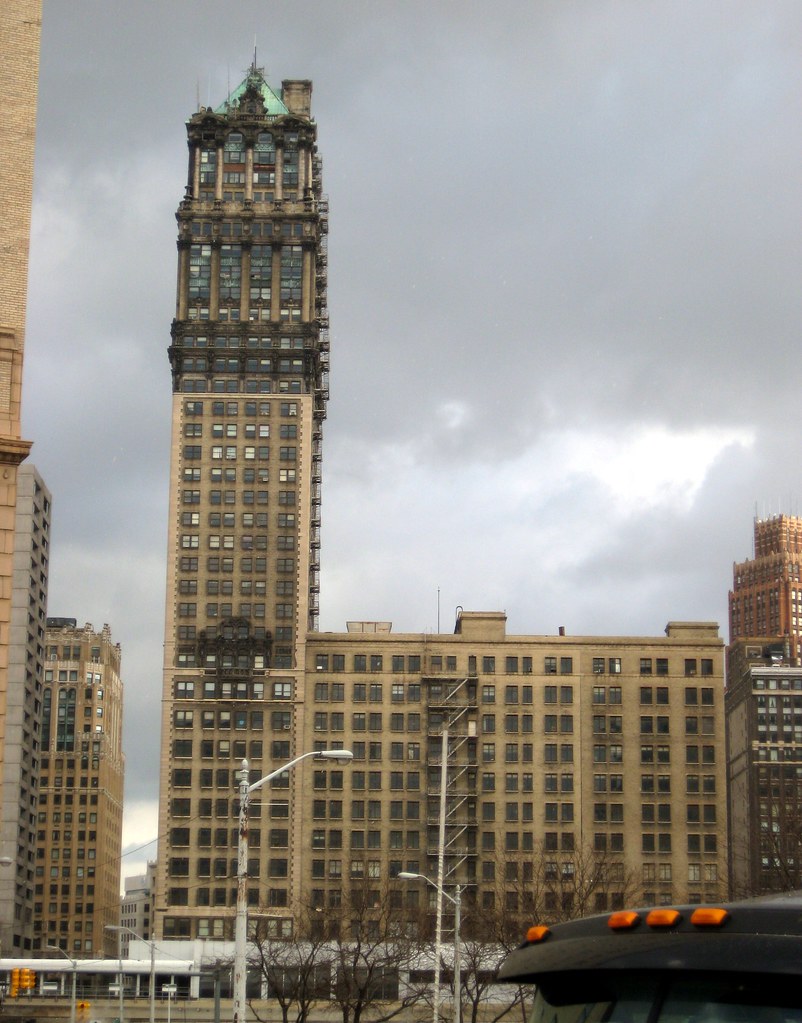Shouldn't the vaunted "invisible hand" take care of all this? The now-lower property costs in sparsely populated ex-high density areas should attract buyers, which will drive property up, hence drive up tax & other receipts up

The same thing works in low density affluent areas doesn't it? Highly valued properties pay more in taxes which in turn relieves some infrastructure development and operating costs.
While direct cost charges for infrastructure services makes some sense, it doesn't always work particularly well for the over-all benefit of society. Were it not for mandated infrastructure expansion at uniform cost to the direct beneficiaries we'd be in a world of hurt. I'm thinking of things like farm to market roads, rural electrification, universal telephone service etc...
But what will happen to the fragmented cities like New Orleans and Detroit while waiting for the invisible hand to move? Cash flow is a serious problem *now*; how can cities cope day to day? It is another example of how miserably society adjusts to rapid changes.
I really wish I had a crystal ball to see what will happen in the next 20 years! Will society cope or collapse?


 Similar Threads
Similar Threads 





.jpg)















